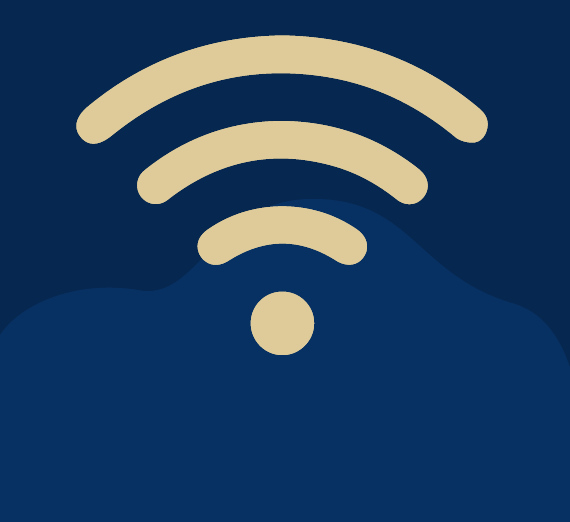
Shape the future of connectivity. Wireless communication technologies let us share information without the need for physical wires or cables. It is what makes our modern high-speed mobile communication systems possible. Whether we're using our smartphones, Wi-Fi networks, or satellites; wireless communication enables us to connect with others and share information from anywhere.
What can you do with Wireless Communications?
There are many high-paying careers in wireless communications due to the high demand for skilled professionals in this exciting and challenging field. Some examples include:
- Wireless Network Engineers deploy and optimize wireless networks, ensuring reliable wireless communication by analyzing network performance, troubleshooting issues, and implementing security measures.
- Telecommunications Engineers design and maintain telecommunications systems such as cellular networks, satellite communications, and wireless data networks.
- RF (Radio Frequency) Engineers design antennas, transmitters, receivers, and other RF components to ensure optimal signal transmission and reception.
- Wireless Protocol Engineers define how devices communicate over wireless networks, improving protocols for efficient data transfer, network security, and compatibility between different devices
- IoT (Internet of Things) Engineers implement communication protocols for smart devices, sensors, and other IoT components.
What you'll study in Wireless Communications
Gonzaga students study the underlying theory and building blocks of today’s wireless communication systems. Course topics include time/frequency domain analysis, modulation, radio wave signal propagation, antenna design, noise figure, scattering parameters, amplifier and filter design, information theory and coding, digital signal processing, network protocols, wireless security and spectrum management.



